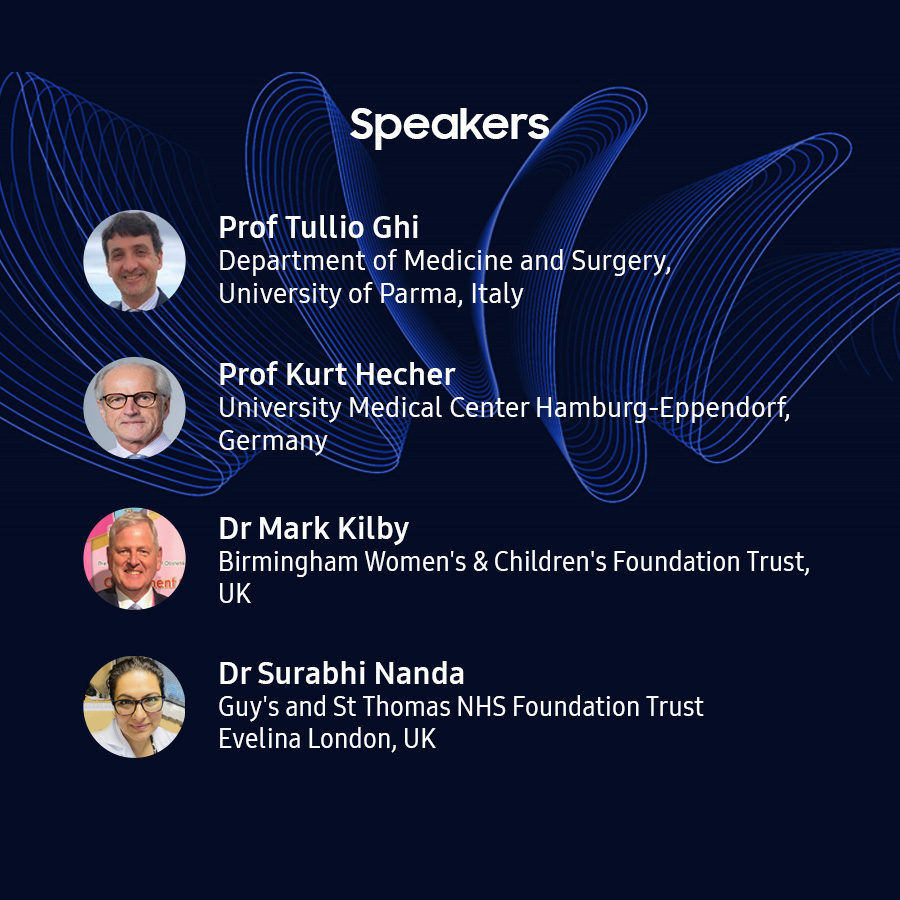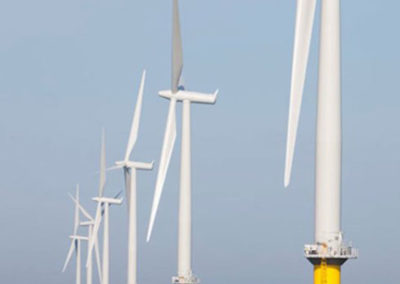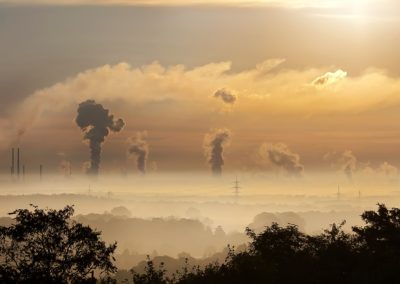News & Events
This is the first of the “East meets West” Obstetrics and Gynaecology Ultrasound Webinar Series 2024 – brought to you by experts from Imperial College London, through Imperial Consultants, and supported by Samsung.
The ‘Twin’s and more’ webinar is led by Imperial’s Professor Christoph Lees and will cover – fetal echo in monochorionic twins, the controversy of twin growth charts, NIPT in twins, and common question from parents & how to handle them.
The panel of speakers from Europe and Asia are acknowledged experts in the filed of twin pregnancies.
Programme: 12 noon (UK time) – 2pm


Book today to secure your place
Share post:
Latest news, insights and events

Electric Insights quarterly report – Jan-Mar 2020
Commissioned by Drax and delivered by Dr iain Staffell and team, the quarterly Electric Insights reports analyse raw data made publicly available by National Grid and Elexon, which run the electricity and balancing market respectively, and Sheffield Solar. read more

Tackling London’s air pollution will increase life expectancy of children
Report by researchers from Environmental Research Group predicts London air quality policies, and wider improvements in air quality, will increase average life expectancy of a child born in London in 2013 by six months. read more

Improving service through bus priority schemes
Transport Strategy Centre (RTSC) study investigates the use of priority measures for bus services in 14 cities across Asia, Australia, Europe and North America and provides best practice for decision makers charged with improving service and efficiency. read more
